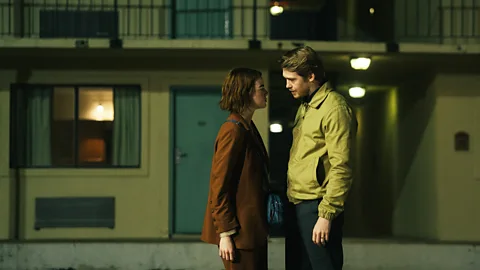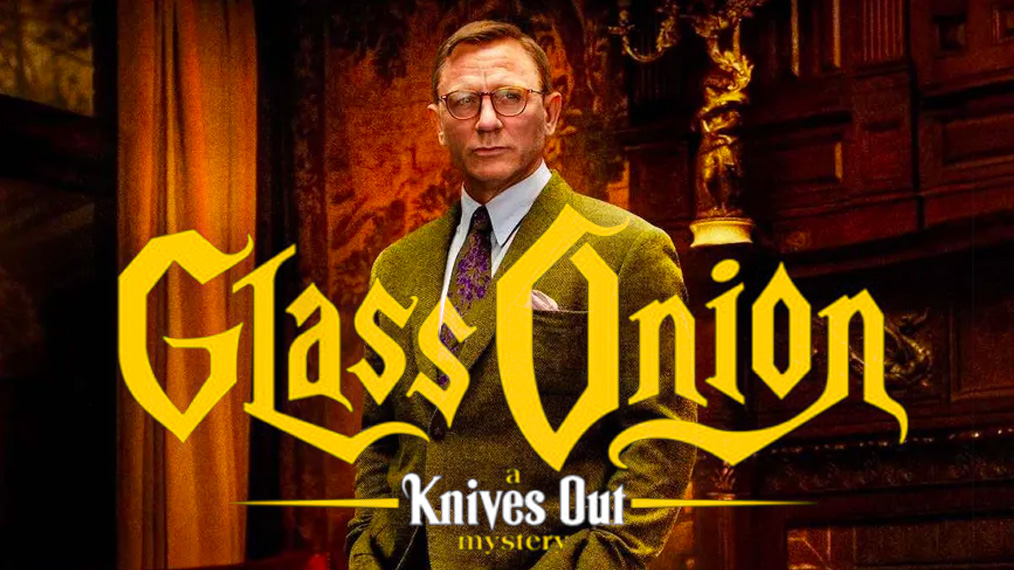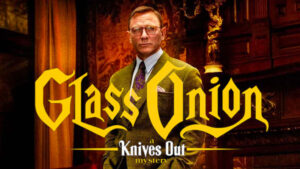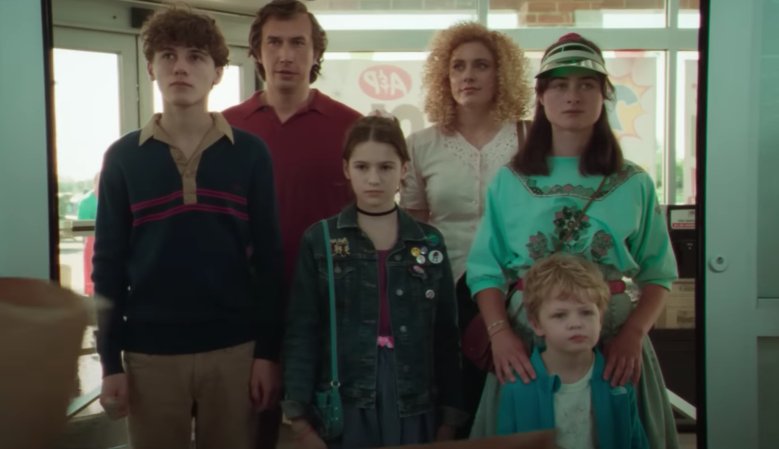Jackpot!
Posted on August 15, 2024 at 9:56 am
B +| Lowest Recommended Age: | Mature High Schooler |
| Profanity: | Extensive very strong language |
| Alcohol/ Drugs: | None |
| Violence/ Scariness: | Constant action-style peril and violence, characters injured and killed, some disturbing and graphic images |
| Diversity Issues: | Diverse characters |
| Date Released to Theaters: | August 15, 2024 |
My biggest complaint about “Jackpot!” is that there is no possible reason this crazy, don’t- think-just-laugh, essence of summer silliness, action comedy should be straight to streaming. We should be coming from the hot air into the air-conditioned theater, grabbing a bucket of popcorn, and joining an audience that is all there to laugh together. “Jackpot!” is a joyously goofy hoot of a movie with a killer cast. And that works very well, even if you’re watching it at home on your laptop.

The premise is simple. Okay, deranged, but simple. A few years in the future, everything is terrible. Los Angeles has established a gigantic lottery. The twist is that when a winner is picked, everyone in the city has 24 hours to kill the winner (no guns, though, only what can be thrown) and take the money. Winners’ options are to evade a city full of murders, despite drone cameras reporting their location to everyone every 14 minutes, to escape across the city border, thus staying alive but foregoing the prize, or hiring a high-end security firm that specializes in protecting winners.
If the person with the lucky winning ticket manages to survive for 24 hours, the prize is delivered on camera, one of those cheesy giant cardboard checks. presented by a ghoulishly grinning game show host played by the delightful Murray Hill (Fred Rococo in “Somebody Somewhere”).
Think “The Purge” meets “Hunger Games.” But funny. Really.
Awkwafina plays Katie Kim, a former child actress (her best-known work was a commercial for square pasta. She has just returned to Los Angeles after caring for her dying mother and does not know anything about the lottery. She somehow finds herself in possession of a winning ticket, and the rest is pretty much jokes (often pretty funny, especially the understated throw-aways), chases, and fight scenes. See what I mean about summer silliness?
Katie still has no idea why everyone is trying to kill her when a car drives up and Noel (John Cena) opens the door and tells her to get in. When he explains what is happening, she naturally wonders why she should trust him. So mixed with the wild action (you will not believe how many lethal objects people can throw when billions of dollars are at stake) there is the development of the Katie/Noel connection to make the stakes more meaningful.
I know what you’ve been waiting to ask. Yes, the action scenes are off the hook. Did I mention John Cena? How about if I raise you a Simu Liu, as Noel’s former colleague-turned-competitor and possibly enemy? And there are some wild interactions along the way with some improbable co-stars including Dolly De Leon (“Triangle of Sadness” and also featured in this month’s “Between the Temples”), Becky Ann Baker (quite a twist as a character named Sweet Irene), Ayden Mayeri and Donald Elise Watkins as Katie’s crazy Airbnb roomies (“He’s a DJ and his name is DJ!”) and, I’m not kidding, Machine Gun Kelly as himself. Keep an eye out for the fight scene in the celebrity wax museum (nice Kardashian joke), and be sure to stay tuned for the outtakes over the credits to see that they had as much fun making it as it is to watch it.
Parents should know that this film is constant action- and comedy-style violence with many characters injured and killed and graphic and disturbing images. Characters use very strong and crude language.
Family discussion: If you were Katie, what would it take to get you to trust Noel or Louis? If you won $3.8 billion, what would you spend it on?
If you like this, try: Jackie Chan movies









